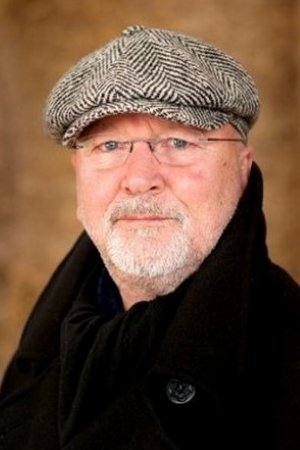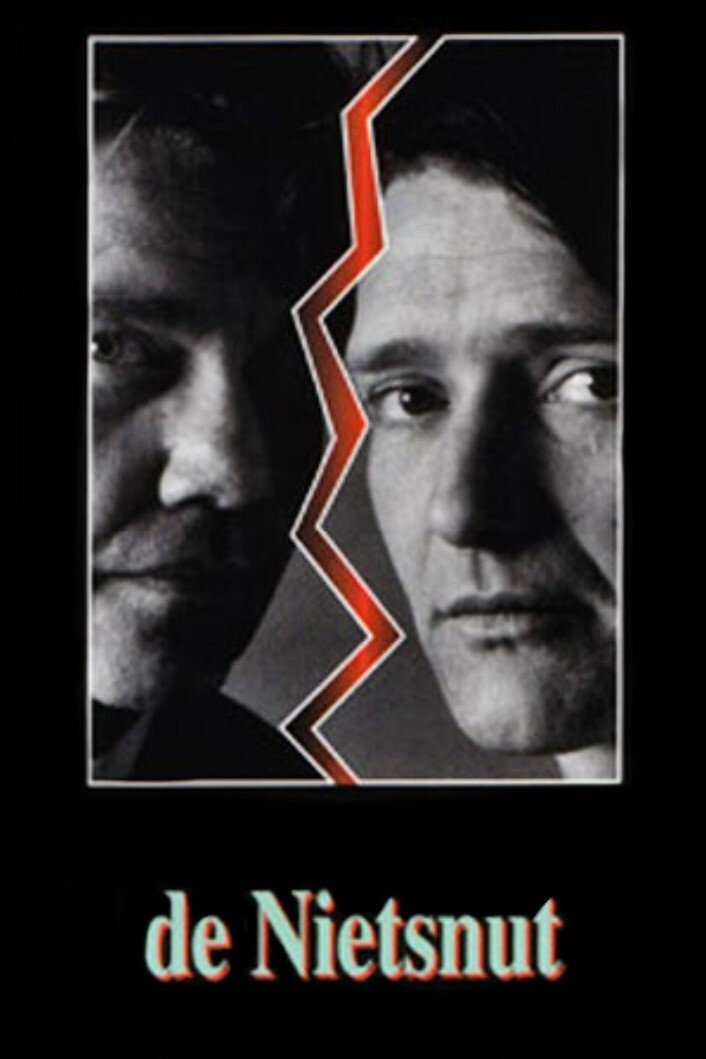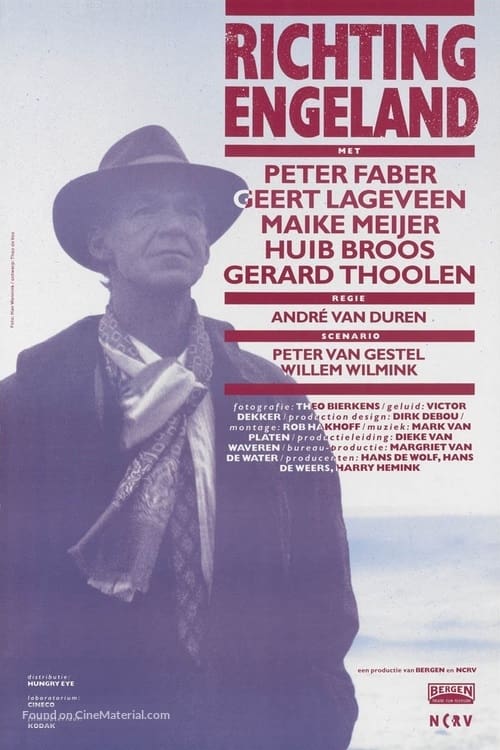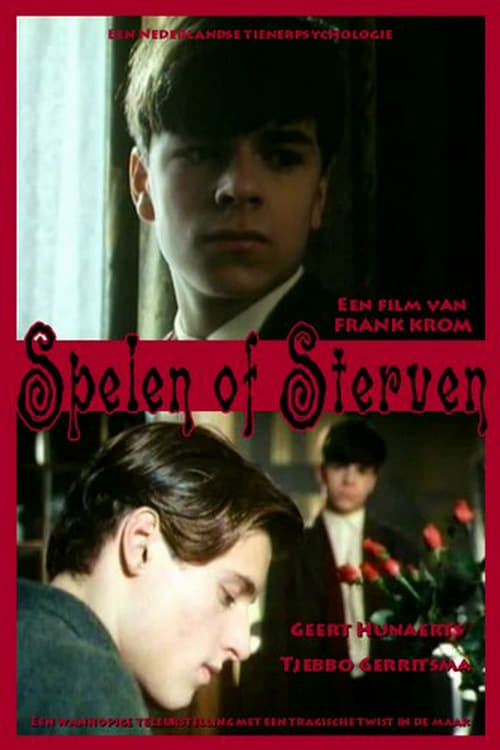
What happens if you take the law into your own hands, start correcting the legal system on your own initiative? Hans Croiset, André van den Heuvel, Bram van der Vlugt and Kitty Courbois in their roles of aged resistance heroes do not think this is such a bad idea; in fact, it is what they already did during World War II. Back then, they formed a sworn resistance gang. The occasion for their renewed fighting spirit is the brutal robbery and murder of Marjan, one of the members of their former group. Past and present start blending. In a controlled tempo, alert to detail and acting, a story unravels that focuses on Hans Croiset in the role of Simon, a retired teacher of Dutch. He makes contact with the underworld, meeting the Slavic Goran, who starts feeling sympathy for the old man. Eventually, fate lies in Simon's hands.

For all his life Frank Goudvis has tried not to follow in the footsteps of his father. When his father is mysteriously murdered, Frank loses his alibi for his cherished passivity and decides to travel to the crime scene.

A man from the province looks back on his graduation year, some teachers, the parental home and especially his father.

In this short motion picture, schoolboy Kees is intelligent, introvert and sensitive, but gets ridiculed verbally and physically at an all-boys school by mindlessly cocky class mates and even insensitive teachers, especially in gym, where his physical weakness is mercilessly abused to make him a defenceless laughing stock in front of his smirking peers. His awakening sexual interest goes to boys, and in particular to Charel, a beautiful athletic classmate who probably feels an undetermined interest but would never risk admitting (possibly not even to himself) having any gay or bi appreciation, least of all for a 'sissy', and thus remains unresponsive to shy Kees' overtures. When the hunk finally comes over to Kees' place while his parents are away, a desperate disappointment with a tragical twist is in the making…
Wim van der Grijn (1946) is a Dutch actor. He graduated from the Amsterdam 'Toneelschool' in 1967. After five years as an actor/director at theatre company ' Toneelgroep Centrum', his interest in Eastern mysticism led him to visit countries such as Turkey, Persia, Afghanistan, Nepal and India. He returned in 1973 and resumed his acting career. He was associated with 'Toneelgroep Globe' for several years and was awarded a Louis d'Or for his role of Kees de Jongen in the play of the same name by Gerben Hellinga (1970/71), and the Cor Hermus Prize for his role in 'Lear' by Edward Bond.
By browsing this website, you accept our cookies policy.